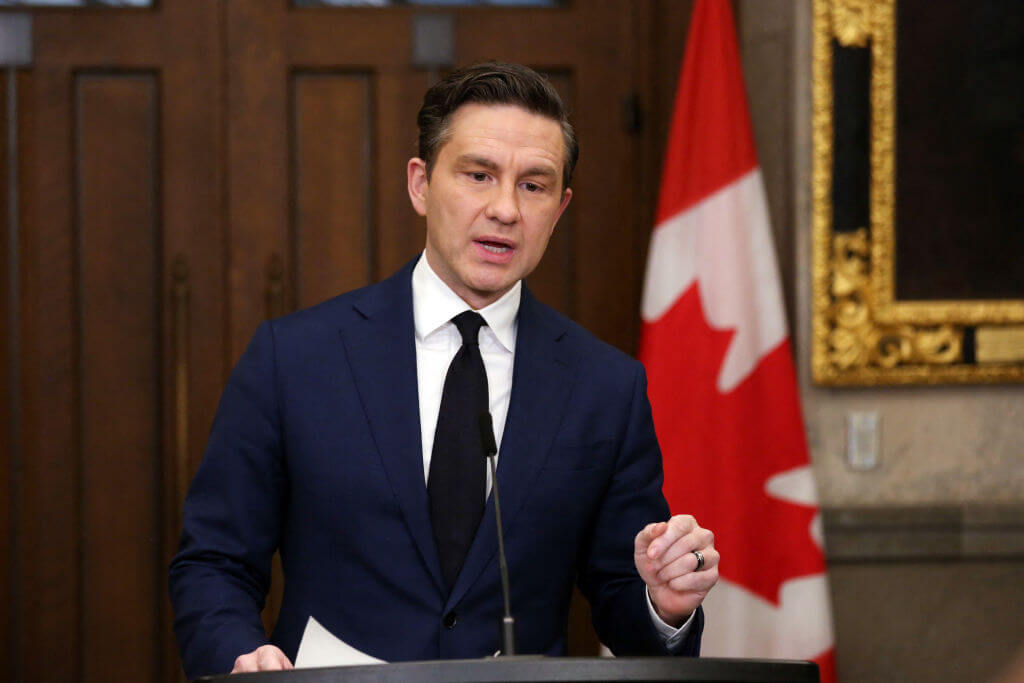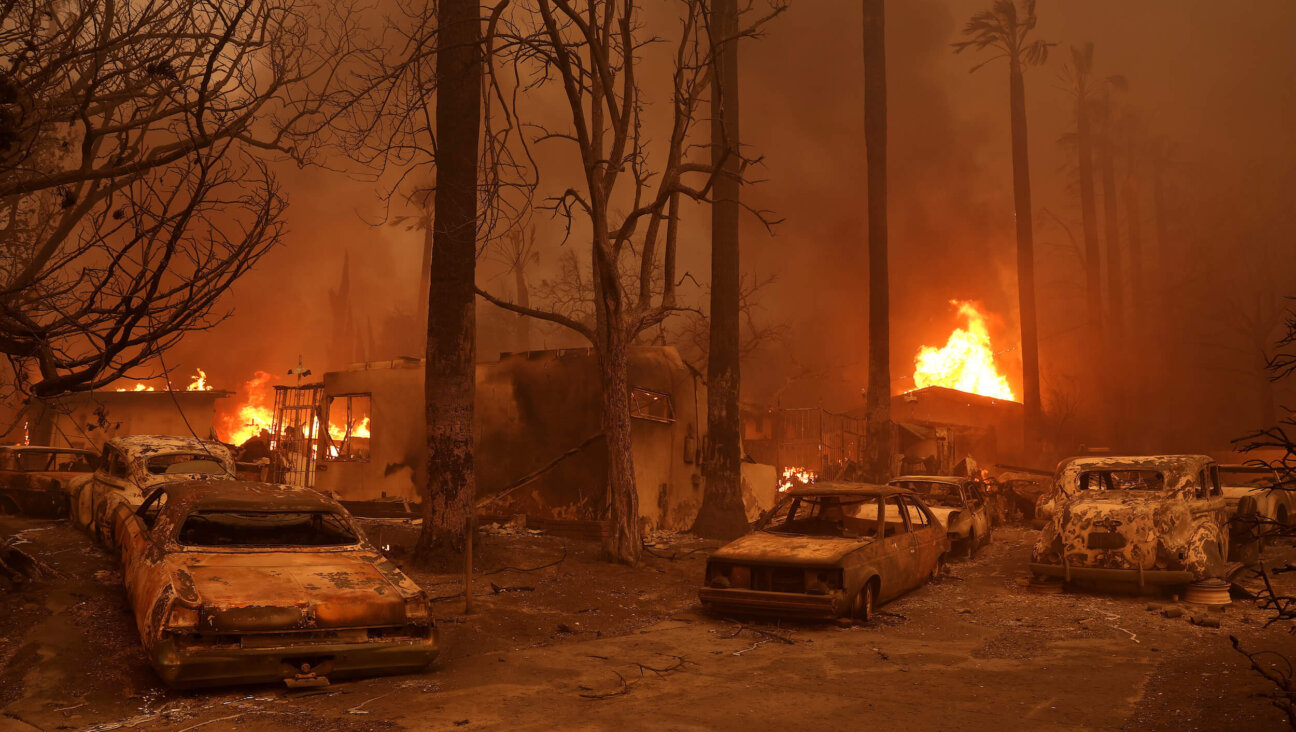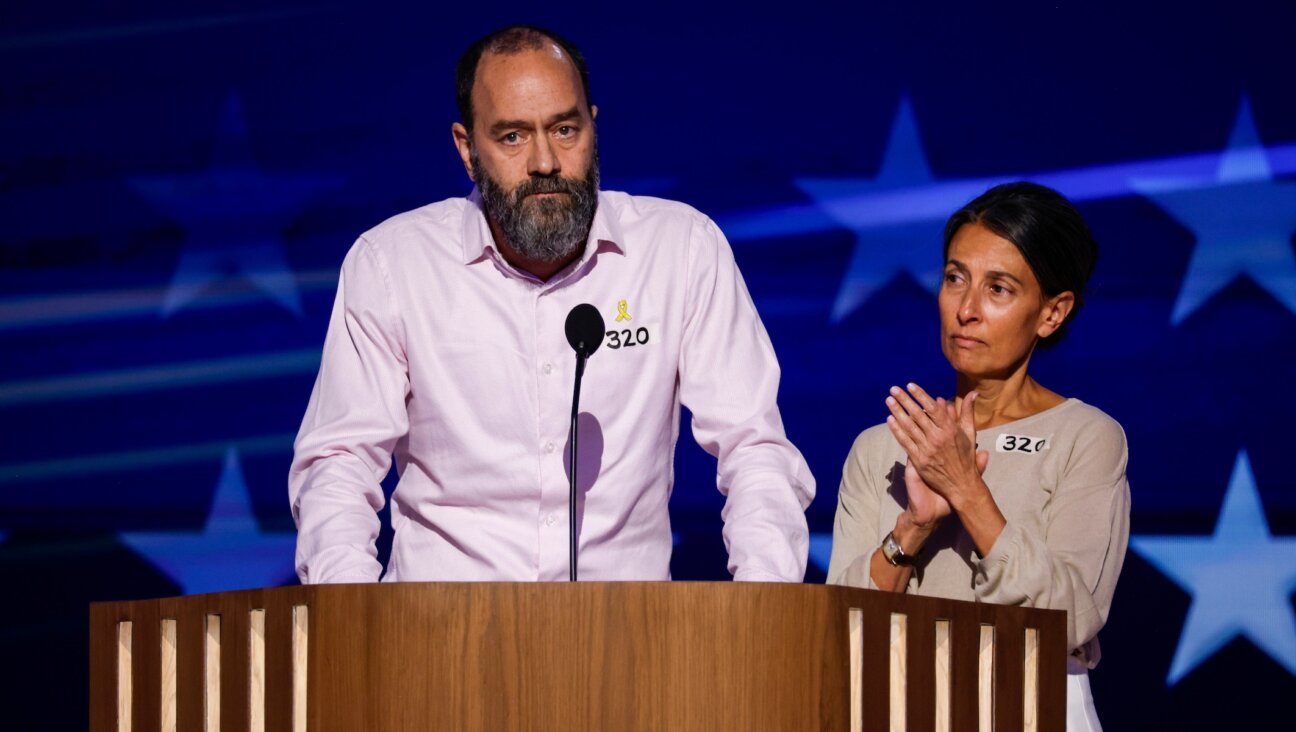Protest Sukkah Rises at the Chicago Hyatt
They may be occupying Wall Street with a sukkah in New York, but in Chicago the protest sukkah is at the Hyatt Regency. That is where the Mortgage Bankers Association’s annual meeting is being held this week, and Jewish activists figured the hotel was the best place to make their point about the need for the real estate industry to help struggling families keep their homes.
The activists — among them rabbis and cantors who insisted the erection of the temporary structure outside the hotel constituted a demonstration and not a protest — invited bankers to eat meals with them in it, and to meet with individuals affected by the housing crisis.
“Housing foreclosures are ripping apart one of the important pieces of fabric of family life and American life,” Rabbi Lizzi Heydemann, co-rabbi of Aitz Hayim Center for Jewish Living in Glencoe and Mishkan, an independent Jewish community in Chicago’s Lincoln Park neighborhood, told the Chicago Tribune.
Another organizer, Jane Ramsey, executive director of the Jewish Council on Urban Affairs said, “Sukkot is a very meaningful time to lift up the whole notion of shelter and, in this case, the unstable nature of housing today and the insecurity that families are feeling.”
Although organizers say their sukkah demonstration is not officially part of the Occupy Wall Street movement that is spreading across the nation, there is no doubt that it is related. Also not so coincidentally, this sukkah was built outside the Hyatt, a hotel chain against which the same activists called for a boycott last June because of what they cited as mistreatment of workers. Thomas Pritzker, executive chairman of Hyatt’s board, declined to comment for the piece in the Tribune. Members of the Jewishly observant Pritzker family of Chicago are the largest stakeholders in the Hyatt Corporation.
A message from our Publisher & CEO Rachel Fishman Feddersen

I hope you appreciated this article. Before you go, I’d like to ask you to please support the Forward’s award-winning, nonprofit journalism so that we can be prepared for whatever news 2025 brings.
At a time when other newsrooms are closing or cutting back, the Forward has removed its paywall and invested additional resources to report on the ground from Israel and around the U.S. on the impact of the war, rising antisemitism and polarized discourse.
Readers like you make it all possible. Support our work by becoming a Forward Member and connect with our journalism and your community.
— Rachel Fishman Feddersen, Publisher and CEO























